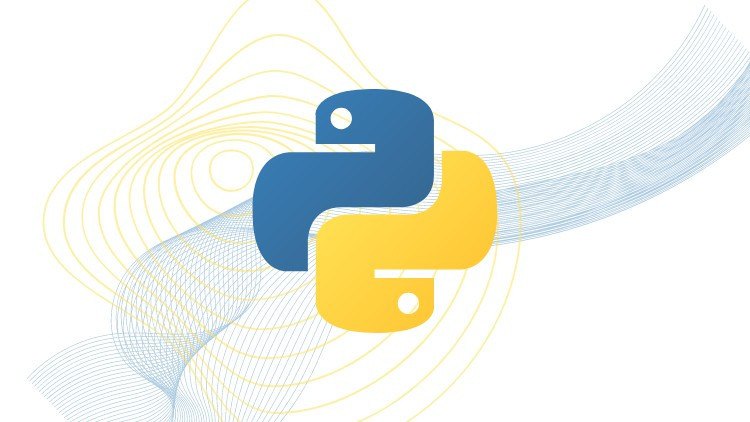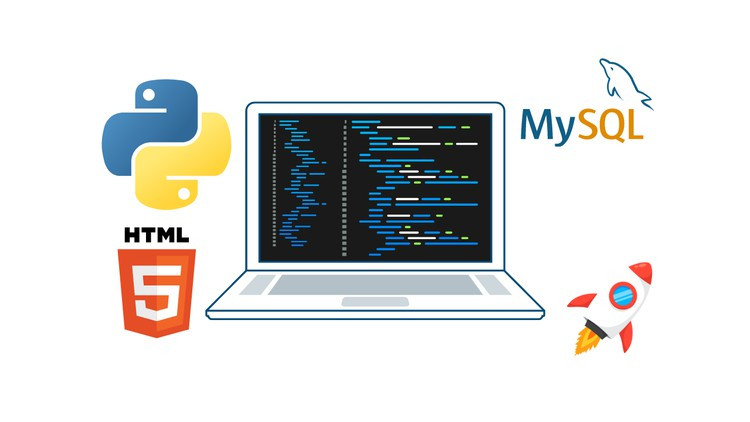C programming often involves working with strings, a sequence of characters. While the standard C library provides a rich set of functions for string manipulation, there are situations where specialized functions like “starts_with” and “ends_with” can enhance the ease of string handling. These functions help determine if a given string begins or concludes with a specific sequence of characters. In this article, we’ll delve into the creation of custom “starts_with” and “ends_with” functions, adding a valuable tool to a programmer’s repertoire.

with hands-on learning.
get the skills and confidence to land your next move.
Why Are Custom String Functions Important?
Before we dive into the implementation details, let’s understand why custom “starts_with” and “ends_with” functions are useful. In many programming scenarios, checking whether a string starts or ends with a particular sequence is a common requirement. For instance, in text processing or parsing, these functions can aid in quickly identifying patterns within strings. By having dedicated functions for these tasks, code readability and maintainability improve, leading to more efficient and organized programming.
starts_with Function
Now, let’s take a closer look at the custom “starts_with” function. This function is designed to check if a given string begins with a specified prefix.
#include <stdio.h>
#include <string.h>
int starts_with(const char* str, const char* prefix);
int main(int argc, char* argv[]) {
char str1[] = "Programming";
char str2[] = "Program";
printf("The string \"%s\" starts with the string \"%s\": %d.\r\n", str1, str2, starts_with(str1, str2));
return 0;
}
int starts_with(const char* str, const char* prefix) {
size_t prefix_length = strlen(prefix);
if(strlen(str) < prefix_length)
return 0;
return strncmp(str, prefix, prefix_length) == 0;
// For case insensitive comparison: uncomment below code
// return strnicmp(str, prefix, prefix_length) == 0;
}In this implementation, the function takes two parameters: the main string str and the prefix string prefix. It calculates the length of the prefix and compares it with the length of the main string. If the main string is shorter than the prefix, the function returns 0, indicating that it does not start with the specified prefix. Otherwise, it uses strncmp to compare the first prefix_length characters of both strings. If the comparison is successful, the function returns 1, denoting that the main string starts with the given prefix.
ends_with Function
Moving on to the ends_with function, it serves the purpose of checking if a given string concludes with a specified suffix. This function is particularly useful in scenarios where you need to verify the ending of file names, extensions, or specific patterns within strings.
#include <stdio.h>
#include <string.h>
int ends_with(const char* str, const char* suffix);
int main(int argc, char* argv[]) {
char str1[] = "Programming";
char str2[] = "ming";
printf("The string \"%s\" ends with the string \"%s\": %d.\r\n", str1, str2, ends_with(str1, str2));
return 0;
}
int ends_with(const char* str, const char* suffix) {
size_t difference = strlen(str) - strlen(suffix);
if(difference < 0)
return 0;
return strcmp(str + difference, suffix) == 0;
// For case insensitive comparison: uncomment below code
// return stricmp(str + difference, suffix) == 0;
}Similar to the “starts_with” function, the “ends_with” function takes two parameters: the main string str and the suffix string suffix. It calculates the difference in length between the main string and the suffix. If the difference is negative, the main string is shorter than the suffix, and the function returns 0. Otherwise, it uses strcmp to compare the main string with the suffix. If the comparison is successful, the function returns 1, indicating that the main string ends with the specified suffix.
Conclusion
Implementing starts_with and ends_with functions in C allows for efficient string manipulation and comparison. These functions are versatile tools that can be employed in a variety of applications, enhancing the capabilities of C programmers when dealing with string operations. Understanding the logic behind these functions is essential for anyone working with C strings in real-world programming scenarios. For more content, please subscribe to our newsletter.







